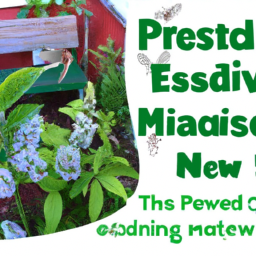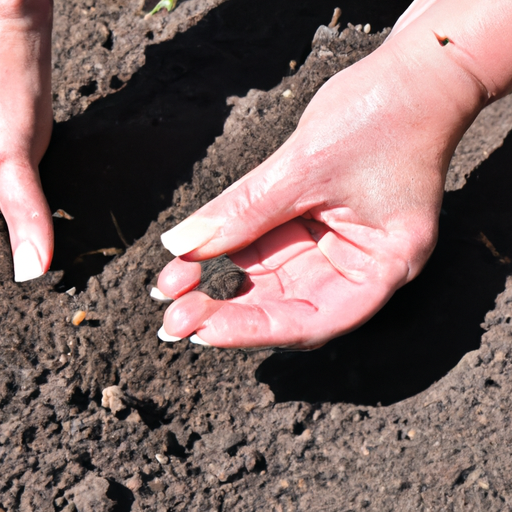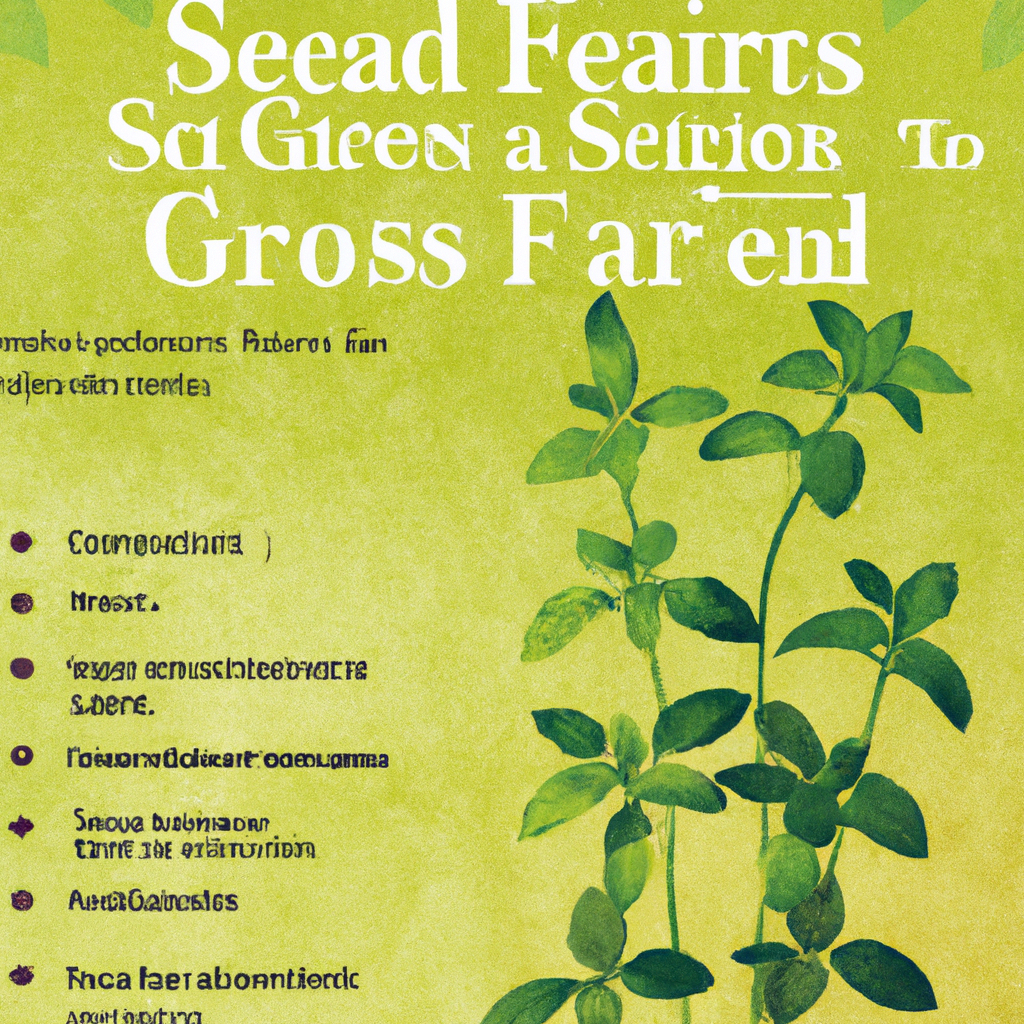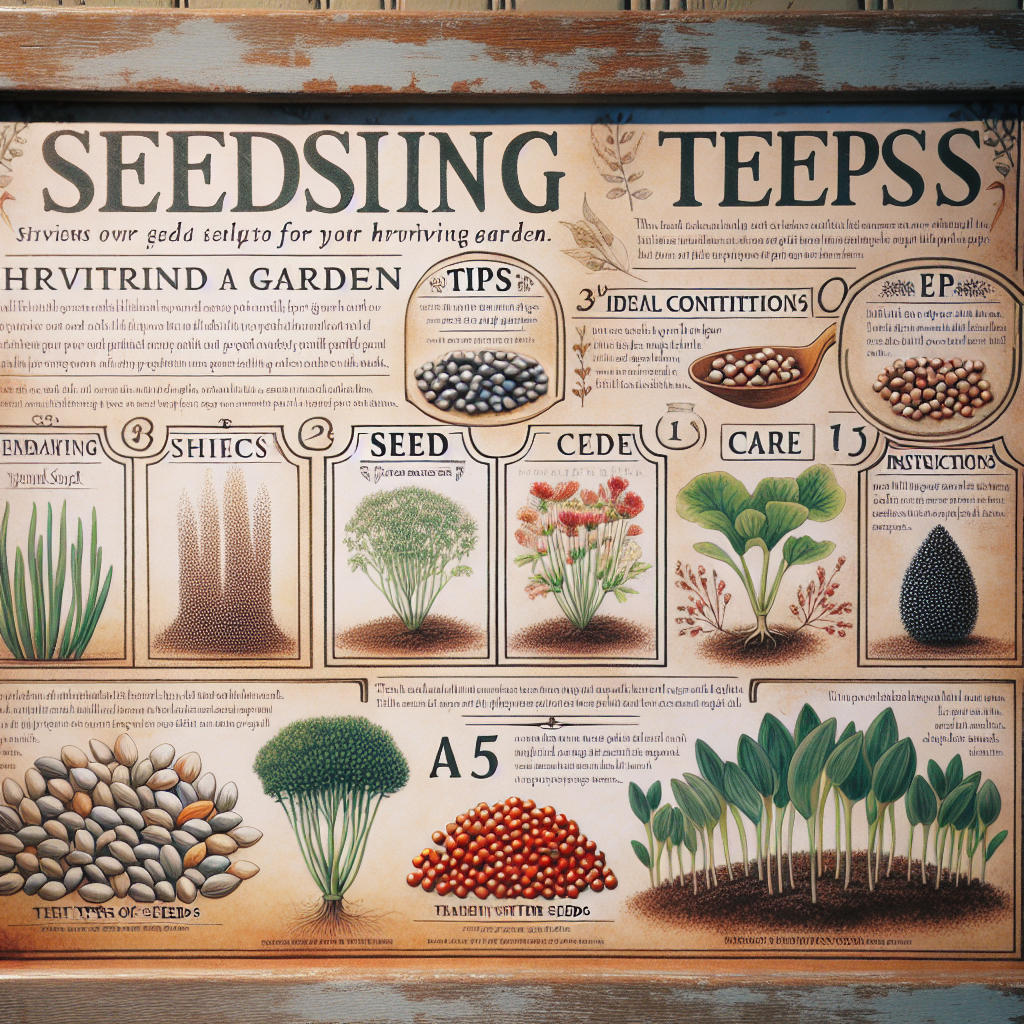How to Avoid Pests Without Pesticides in Garden for Sale
If you are preparing your garden for sale, maintaining vibrant, healthy plants is essential. However, the use of chemical pesticides may not only turn off potential eco-conscious buyers but can also harm beneficial insects and degrade soil health. Fortunately, there are effective natural pest control methods that protect your garden’s appeal and support a sustainable landscape. In this comprehensive guide, discover how to avoid pests without pesticides in your garden for sale by using organic techniques, companion planting, physical barriers, and biological controls.
Why Avoid Chemical Pesticides in Your Sale Garden?
- Healthier Environment: Chemical-free gardens support pollinators, birds, and beneficial insects crucial for ecosystem balance.
- Buyer Appeal: More home buyers seek organic gardens for sale due to concerns about chemical residues and environmental impact.
- Soil Preservation: Natural pest control methods maintain soil fertility and structure, ensuring lasting beauty for future owners.
- Safe for Pets & Children: Organic gardens reduce exposure to harmful substances for families and pets.
Key Principles of Organic Pest Management
- Prevention First: Healthy plants resist pests naturally. Focus on soil health, proper spacing, and regular maintenance.
- Diversity Matters: Incorporate a variety of plants to attract beneficial insects and deter pests.
- Observation: Monitor plants regularly for signs of damage or unusual insect activity.
- Targeted Action: Use non-toxic interventions only when necessary, choosing the least disruptive methods first.
Companion Planting: Nature’s Pest Repellent
Companion planting is a time-tested strategy for natural pest control. By placing certain plants together, you can repel harmful insects, attract beneficial ones, and enhance the health of your garden for sale.
| Plant | Companion | Pest Repelled |
|---|---|---|
| Marigold | Vegetables (tomato, beans) | Nematodes, aphids |
| Basil | Tomatoes, peppers | Mosquitoes, whiteflies |
| Nasturtium | Cucumbers, squash | Aphids, squash bugs |
| Chives | Carrots, roses | Japanese beetles, aphids |
| Garlic | Fruit trees, roses | Mites, caterpillars |
Physical Barriers and Hand-Picking
Using physical methods is a direct and effective way to prevent pests in your organic garden for sale:
- Row Covers: Lightweight fabric shields crops from insects while allowing sunlight and moisture through.
- Mulching: Organic mulch (straw, bark chips) deters weeds and disrupts pest life cycles.
- Traps and Collars: Sticky traps or copper collars around stems keep crawling insects at bay.
- Hand-Picking: Regularly inspect and remove pests such as caterpillars, beetles, or snails by hand.
Biological Pest Control: Harnessing Nature
Encouraging natural predators and beneficial insects is a cornerstone of sustainable pest management. Here’s how you can foster a healthy balance:
- Ladybugs: Release or attract ladybugs to control aphids and soft-bodied pests.
- Lacewings: These insects prey on whiteflies, thrips, and other garden pests.
- Birds: Install bird feeders and birdbaths to attract insect-eating birds.
- Beneficial Nematodes: Apply these microscopic organisms to soil to reduce grubs and root-feeding larvae.
Homemade Natural Pest Sprays
When infestations occur, homemade sprays provide gentle yet effective solutions. Always test on a few leaves before widespread use.
Soap Spray
- Mix 1 tablespoon of pure liquid soap with 1 quart of water.
- Spray directly on aphids, mites, and whiteflies.
Garlic-Chili Spray
- Blend 1 bulb of garlic and 1 hot pepper with 2 cups water, strain, and dilute to 1 gallon.
- Use as a repellent for chewing insects.
Attracting Beneficial Insects & Pollinators
A biodiverse garden not only deters pests but also supports bees, butterflies, and other pollinators—key selling points for eco-minded buyers. Plant native flowers, allow some wildflower patches, and avoid synthetic fertilizers.
- Flowering Herbs: Plant dill, fennel, and coriander to attract hoverflies and predatory wasps.
- Native Wildflowers: Provide continuous blooms for pollinators throughout the growing season.
- Water Features: Small ponds or birdbaths offer water for beneficial insects and birds.
Maintaining Healthy Soil and Plants
Strong, resilient plants are less susceptible to pest infestations. Improve your garden’s defenses by:
- Composting: Add organic compost to enrich soil and encourage robust plant growth.
- Crop Rotation: Change plant locations each season to disrupt pest cycles and disease buildup.
- Proper Watering: Water early in the day to prevent fungal growth and reduce stress on plants.
- Pruning: Remove dead or diseased material promptly to limit hiding spots for pests.
Checklist: Natural Pest Control for Gardens for Sale
- Choose pest-resistant plant varieties.
- Use companion planting strategies.
- Install physical barriers like row covers and collars.
- Encourage beneficial insects and birds.
- Prepare and use homemade natural sprays as needed.
- Practice good garden hygiene and soil management.
- Regularly inspect plants for early signs of pests.
Conclusion: Sustainable Pest-Free Gardens Boost Property Value
Creating a pesticide-free garden for sale not only showcases your commitment to the environment but also maximizes curb appeal and attracts a broader range of buyers. By using companion planting, biological controls, physical barriers, and natural sprays, you can maintain a lush, inviting landscape that remains healthy and vibrant—naturally! Remember, a thriving organic garden is a unique selling point that adds lasting value to your property.



